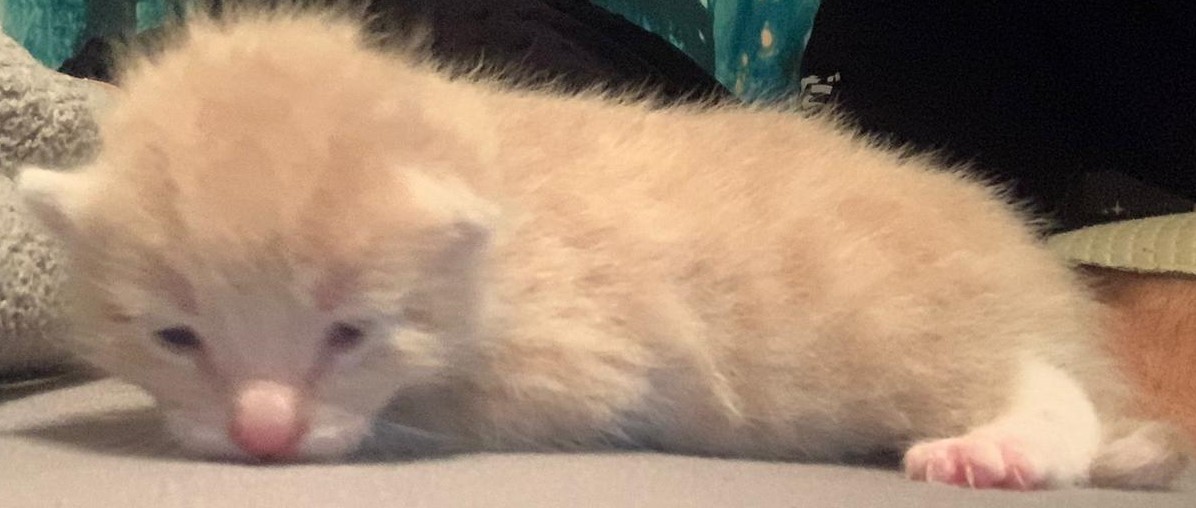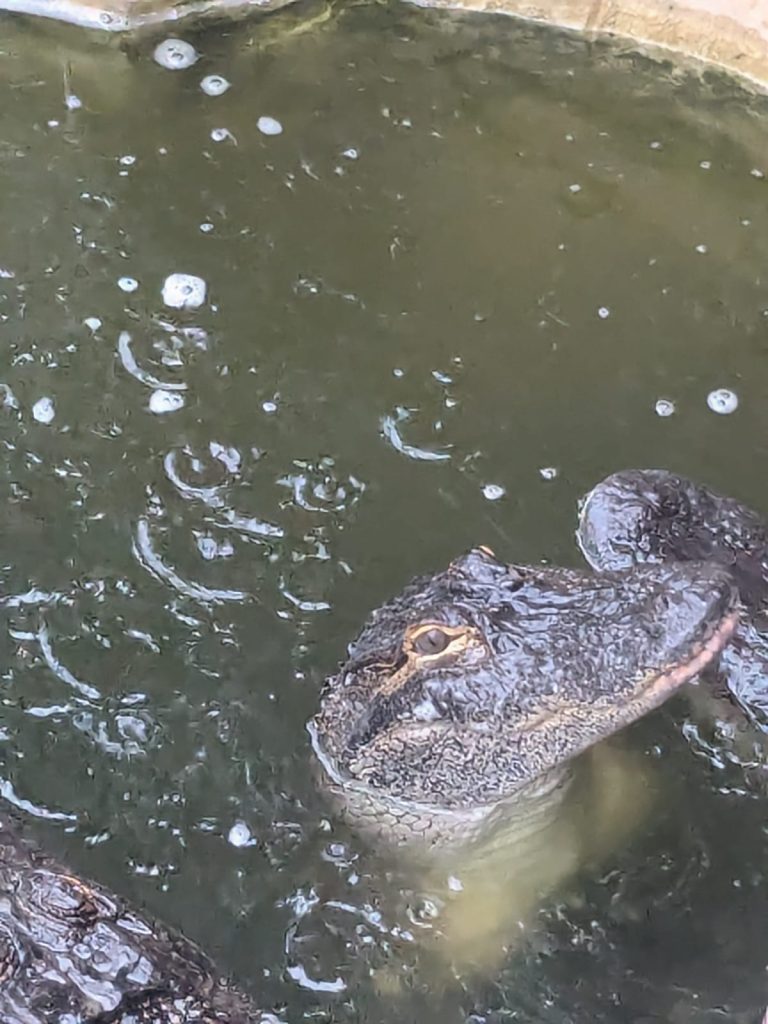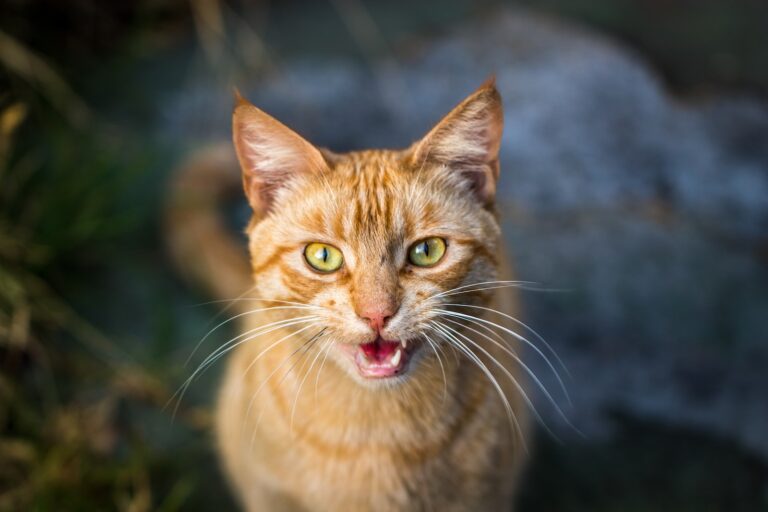Cat Names: Finding the Purr-fect Moniker for Your Feline Friend
Embracing a new feline member into the heart of your home signifies a momentous occasion. In the midst of this exhilaration, the primary decision that beckons is the selection of a moniker for your cherished, four-legged confidante. These cat names carry a distinctive significance, transcending mere labels. They become vessels of identity, encapsulating the very essence of your cat’s character while also cementing a deep and enduring bond between you and your newfound furry companion. Amidst the vast expanse of potential names, the journey to discover the one that fits like a glove unfolds as an adventure brimming with delight and eager expectation.
The Significance of a Cat Names
A cat’s name transcends mere nomenclature; it evolves into a channel of communication and a bridge of connection with your cherished pet. It carries a weight beyond its letters and syllables, symbolizing a unique identity that resonates with your feline companion’s very essence. This carefully chosen appellation imbues them with a profound sense of belonging, seamlessly weaving them into the fabric of your family.
Furthermore, a well-considered name serves as a powerful tool in the training process. It provides a distinct cue that elicits your cat’s attention, facilitating effective teaching and reinforcing positive behaviors. This linguistic link becomes a cornerstone in building a harmonious relationship, fostering mutual understanding, and solidifying the bond between you and your cat.1. Personality and Appearance:
Your cat’s personality and physical traits can provide excellent inspiration for a name. Observe how your cat behaves: Is it playful, reserved, adventurous, or calm? Does it have distinctive markings or unique features? A name that reflects these characteristics can be a wonderful fit.
While classic names like “Whiskers” or “Mittens” are endearing, consider the benefits of a more distinctive name. An uncommon name ensures your cat’s identity stands out, especially in shared environments or during outdoor adventures.
Different cat breeds often carry their own unique characteristics and histories. Researching your cat’s breed can lead to name ideas that resonate with their heritage. For instance, a Siamese cat might suit names like “Luna” or “Rama” due to their regal and mysterious reputation.
Cats respond well to names that are short, clear, and easy to pronounce. Aim for names with one or two syllables, making it simpler for your cat to recognize and respond to their name. This facilitates effective training and communication.
Saying the name aloud can help you gauge how it sounds and flows. Opt for names that roll off the tongue naturally. Cats are more likely to respond to names that have a pleasant rhythm and are easy to enunciate.
Avoid names that rhyme with common commands or words in your household. This helps prevent confusion during training. For example, if “Sit” is a command you use frequently, it’s best to avoid names like “Kit” or “Sid.”
Drawing inspiration from literature, mythology, or cultural references can lead to unique and meaningful names. For example, “Artemis” is named after the Greek goddess of hunting and wilderness, which may be fitting for an adventurous and free-spirited cat.
Consider names related to your hobbies, interests, or passions. Whether it’s a favorite movie character, a city you love, or a term from a niche interest, integrating these elements can result in a name that feels deeply personal.
Don’t rush the naming process. It’s perfectly fine to try out a few names and see which one resonates the most with you and your cat. Sometimes, a name that might not initially seem like a perfect fit can grow on you over time.
Pay attention to your cat’s reactions when you say different names. They may respond more positively to certain sounds or rhythms. This can give you valuable feedback on which names they find appealing.
Remember, the perfect name is one that feels right for both you and your cat. Trust your instincts, and enjoy the process of finding a name that will become a cherished part of your cat’s identity.
Popular Cat Names
1. Luna – Meaning “moon” in Latin, this name exudes a sense of mystery and elegance.
2. Oliver – A timeless name that exudes charm and sophistication.
3. Bella – Italian for “beautiful,” this name is fitting for a cat with grace and poise.
4. Simba – Perfect for a cat with a majestic, lion-like appearance or a brave spirit.
5. Milo – A playful and endearing name that suits cats with a mischievous streak.
6. Cleo – Short for Cleopatra, this name is ideal for a cat with a regal air.
7. Leo – A name that embodies strength and courage, perfect for a brave and adventurous cat.
Finding Inspiration
Drawing inspiration from literature, mythology, movies, or even your cat’s unique quirks can lead to a name that feels tailor-made. Whether it’s “Gandalf” for a wise and old soul or “Pixel” for a tech-savvy cat, the possibilities are endless.
While naming a cat is a personal choice, there are some names that might be considered less favorable for various reasons. Here are a few examples of names that some people might consider less than ideal for a cat:

Generic Names: Names like “Cat” or “Kitty” might be seen as lacking creativity or not giving the cat a distinct identity.
Human Names: Some people find it odd or even uncomfortable to give a cat a very human-sounding name like “Steve” or “Karen”. It can blur the line between pets and humans.
Difficult to Pronounce: Names with complex or hard-to-pronounce syllables might make it challenging for the cat to recognize and respond to their name.
Negative Connotations: Names associated with negative traits or experiences, such as “Trouble” or “Disaster”, might not create a positive association for the cat.
Long or Complicated Names: Overly long or complex names might be cumbersome to use regularly and could confuse the cat.
Inappropriate or Offensive Names: Names that are offensive, derogatory, or inappropriate in any way should be avoided for obvious reasons.
Pop Culture References with Short Lifespans: Names based on current trends or fads in pop culture might become outdated quickly and lose their relevance.
Names of Ex-Pets: Using the name of a previous pet who has passed away might be seen as inappropriate, as it doesn’t allow the new cat to establish its own identity.
Names that Sound Like Commands: Names that rhyme with common commands (e.g., “Kit” and “Sit”) could lead to confusion during training.
Overused Names: Names like “Fluffy” or “Whiskers” are quite common and may not give your cat a unique identity.
Remember, the most important thing is that the name resonates with you and your cat. It should evoke a feeling of warmth and affection, creating a lasting bond that will enrich both your lives for years to come.
In the end, whether you choose a name steeped in tradition or opt for something entirely unique, what matters most is the love and care you shower upon your feline companion. So, take your time, have fun exploring options, and relish in the joy of giving your cat a name that feels just right. Happy naming!






